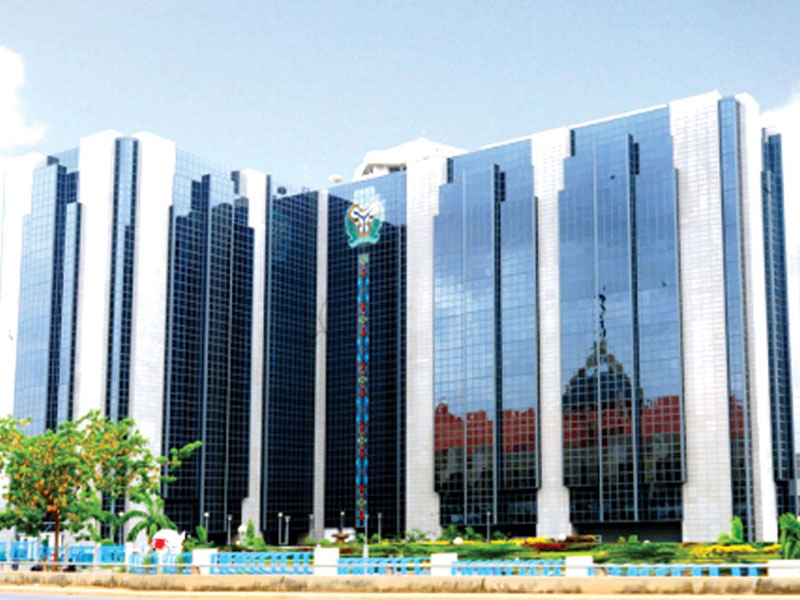Former South African President Jacob Zuma will be charged with 16 counts of corruption, money laundering and racketeering, the country's national pros
Former South African President Jacob Zuma will be charged with 16 counts of corruption, money laundering and racketeering, the country’s national prosecuting authority announced Friday. The charges relate to 783 questionable payments Zuma allegedly received in connection with a controversial multibillion-rand arms deal. On Friday, National Director of Public Prosecutions Shaun Abrahams said that there are reasonable prospects of a successful prosecutio in Zuma’s case.
The charges were previously dropped in 2009 just before Zuma was sworn in as President. Zuma, known as the “Teflon President” for his ability to survive repeated scandals through the years, stepped down in February amid a slew of corruption allegations. He has repeatedly denied any wrongdoing. The African National Congress (ANC), which had stood by Jacob Zuma for so long, dumped him as party president in favor of Cyril Ramaphosa, a 65-year-old millionaire former union leader, in December. Ramaphosa was duly confirmed as the country’s new president bringing an end to Zuma’s scandal-plagued time in office.
Jacob Zuma was once a wildly popular figure who was celebrated as an anti-apartheid hero in Nelson Mandela’s realm. He was arrested by the apartheid government in 1963 and was sentenced to 10 years on Robben Island, the penal colony that also then held Mandela. He took on official government positions as the country transitioned to democracy and he served as deputy president from 1999 to 2005. Zuma never received much of a formal education, but he emerged a cunning politician able to outsmart his political opponents. He prevailed over President Thabo Mbeki in the ANC leadership race at the end of 2007. Zuma became president after elections in 2009 and was re-elected in 2014.
But his story is very much one of a fall from grace, and the former leader has at times been the subject of ridicule in the country. After being charged with the rape of a woman with HIV in 2005, he was mocked for saying he did not fear contracting the virus because he took a shower after sex. A court acquitted him in 2006 of rape, finding the sex to have been consensual. In 2016, South Africa’s top court ruled that Zuma had acted unconstitutionally when he used $15 million in public funds to upgrade his private home and ordered him to repay some of the money.


